Sleep and Performance: How Quality Rest Enhances Athletic Recovery and Overall Well-Being
### Sleep and Performance: How Quality Rest Enhances Athletic Recovery and Overall Well-Being
In the world of athletics, performance is often measured by speed, strength, and endurance. However, one critical factor that is frequently overlooked is the role of sleep in enhancing athletic performance and overall well-being. Quality rest is not just a luxury; it is a necessity for athletes striving to reach their peak potential. In this blog, we will explore how sleep impacts athletic recovery, provide nutrition tips and exercise advice for better sleep, and highlight the myriad health benefits that come from prioritizing rest.
#### The Importance of Sleep in Athletic Recovery
Sleep is a powerful physiological process that plays a vital role in recovery and performance. During sleep, the body undergoes critical processes, such as muscle repair, protein synthesis, and the release of growth hormones. These processes are essential for athletes, as they help to rebuild muscle tissue damaged during intense training and competition. A lack of quality sleep can lead to several adverse effects, including reduced reaction times, increased risk of injury, and impaired cognitive function.
Studies indicate that athletes who consistently get adequate sleep experience improved performance, faster recovery times, and enhanced mental focus. For example, a study published in the *Journal of Sports Sciences* found that basketball players who increased their sleep duration to ten hours a night for several weeks showed significant improvements in sprint times, shooting accuracy, and overall mood.
#### Nutrition Tips for Better Sleep
Nutrition plays a crucial role in the quality of sleep. Here are some tips to help athletes optimize their diet for better rest:
1. **Incorporate Sleep-Inducing Foods**: Foods rich in tryptophan, such as turkey, nuts, and dairy products, can help promote sleep. Additionally, complex carbohydrates from whole grains can increase the availability of tryptophan in the brain.
2. **Stay Hydrated, but Not Too Hydrated**: While staying hydrated is essential, drinking large amounts of fluids right before bed can disrupt sleep due to frequent bathroom trips. Aim to hydrate throughout the day and reduce liquid intake in the evening.
3. **Limit Caffeine and Sugar**: Caffeine can stay in your system for hours, so it’s best to avoid it in the afternoon and evening. Similarly, high sugar intake can lead to energy spikes and crashes that disrupt sleep patterns.
4. **Consider Timing of Meals**: Eating a heavy meal close to bedtime can interfere with sleep. Aim to finish dinner at least two to three hours before going to bed to give your body ample time to digest.
#### Exercise Advice for Better Sleep
Incorporating regular exercise into your routine is another effective way to improve sleep quality. Here are some guidelines:
1. **Establish a Routine**: Consistency is key. Try to exercise at the same time every day to regulate your body’s internal clock. Morning workouts can boost energy levels throughout the day, while evening workouts can help relieve stress after a long day.
2. **Choose the Right Intensity**: While regular exercise is beneficial, high-intensity workouts right before bed can be counterproductive, as they may leave you feeling energized when you should be winding down. Aim to complete high-intensity workouts earlier in the day and reserve lighter activities, such as yoga or stretching, for the evening.
3. **Create a Relaxation Routine**: Incorporate relaxing exercises, such as meditation or deep breathing, to signal to your body that it’s time to wind down. This can help ease the transition into sleep.
#### Health Benefits of Quality Sleep
Prioritizing quality sleep extends beyond athletic performance; it has numerous health benefits:
1. **Enhanced Immune Function**: Adequate sleep strengthens the immune system, helping the body fend off illnesses and infections, which is crucial for athletes who cannot afford downtime due to sickness.
2. **Improved Mental Health**: Sleep is closely linked to mental health. Quality rest can reduce symptoms of anxiety and depression, improve mood, and enhance



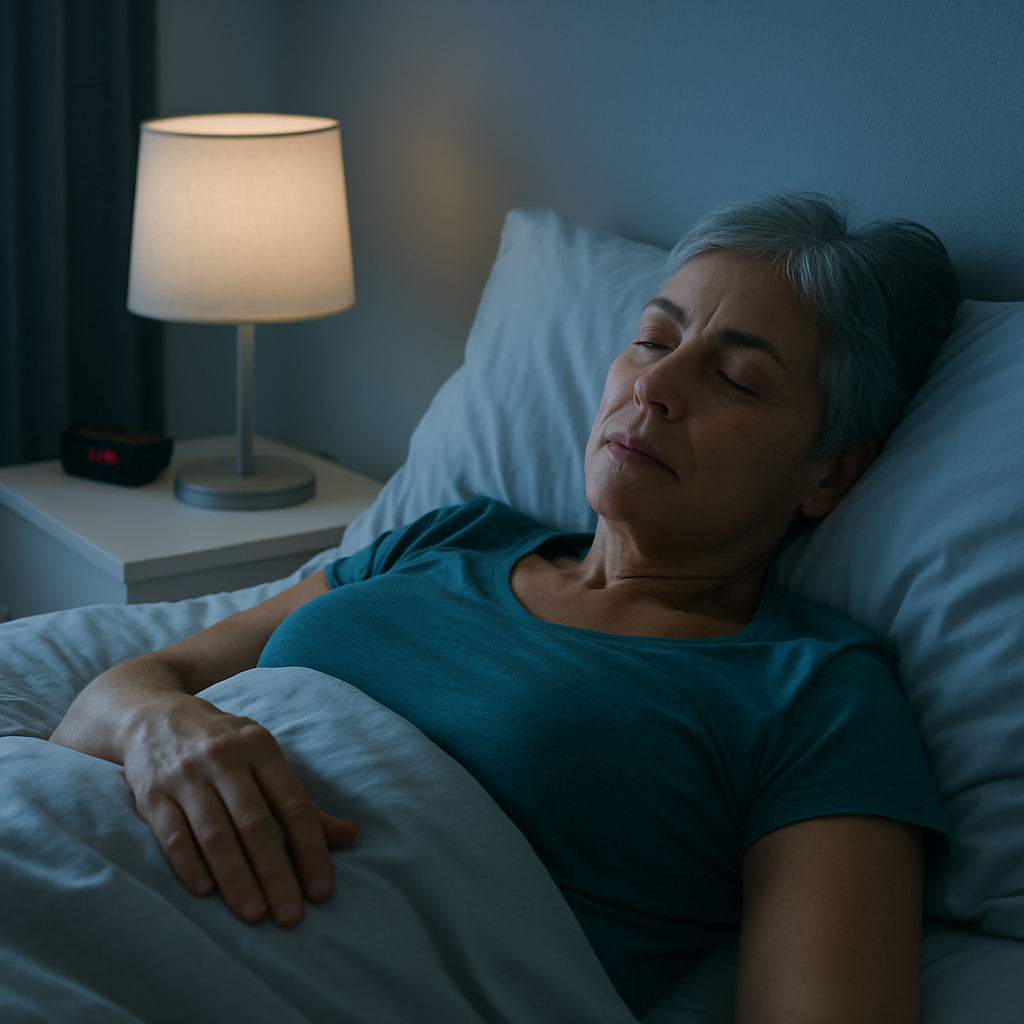
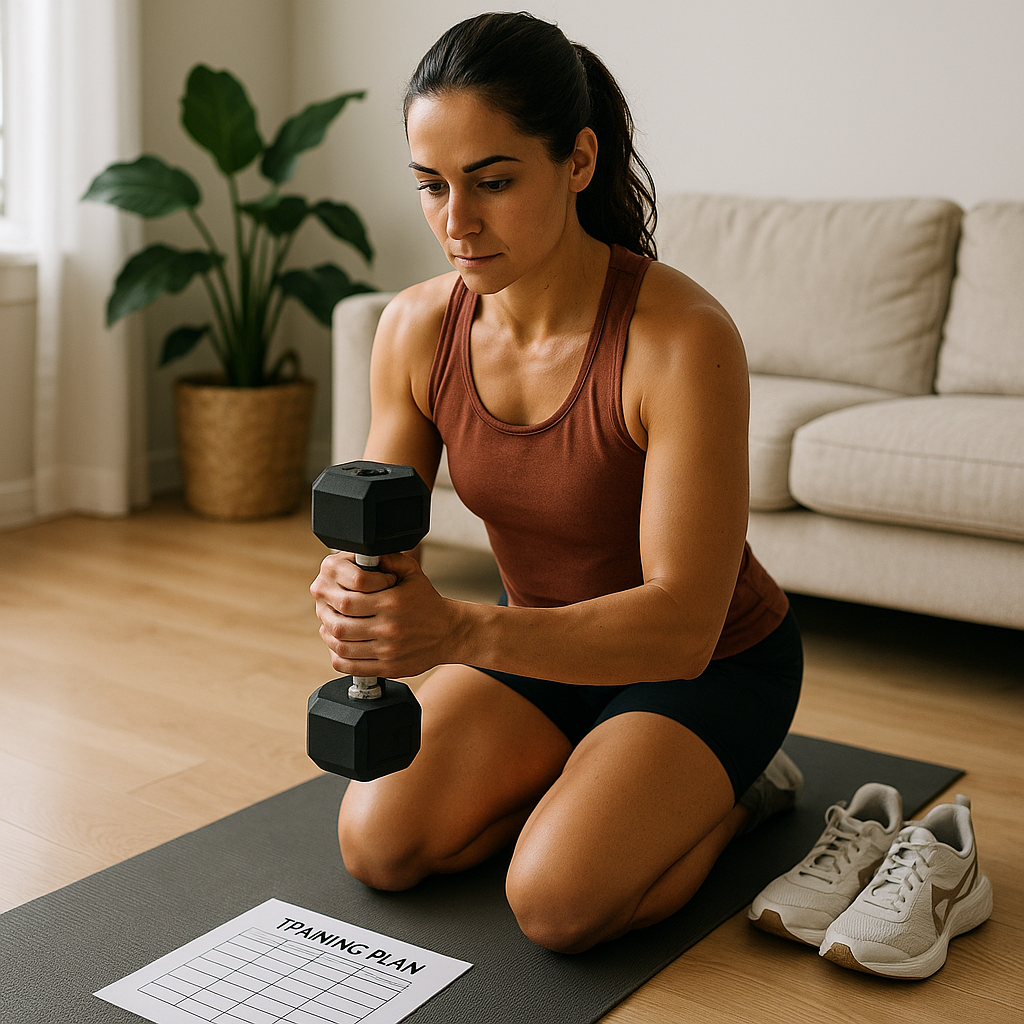

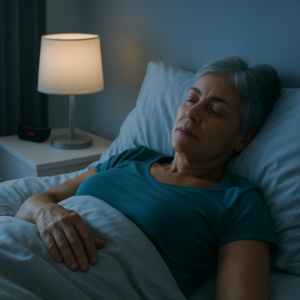
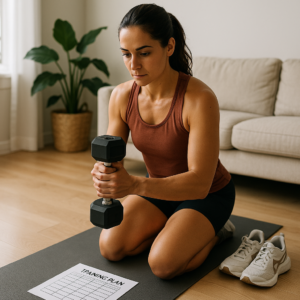



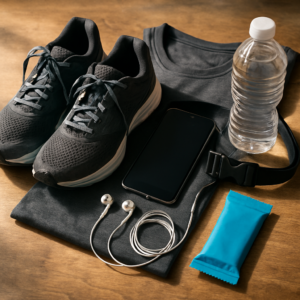



Post Comment